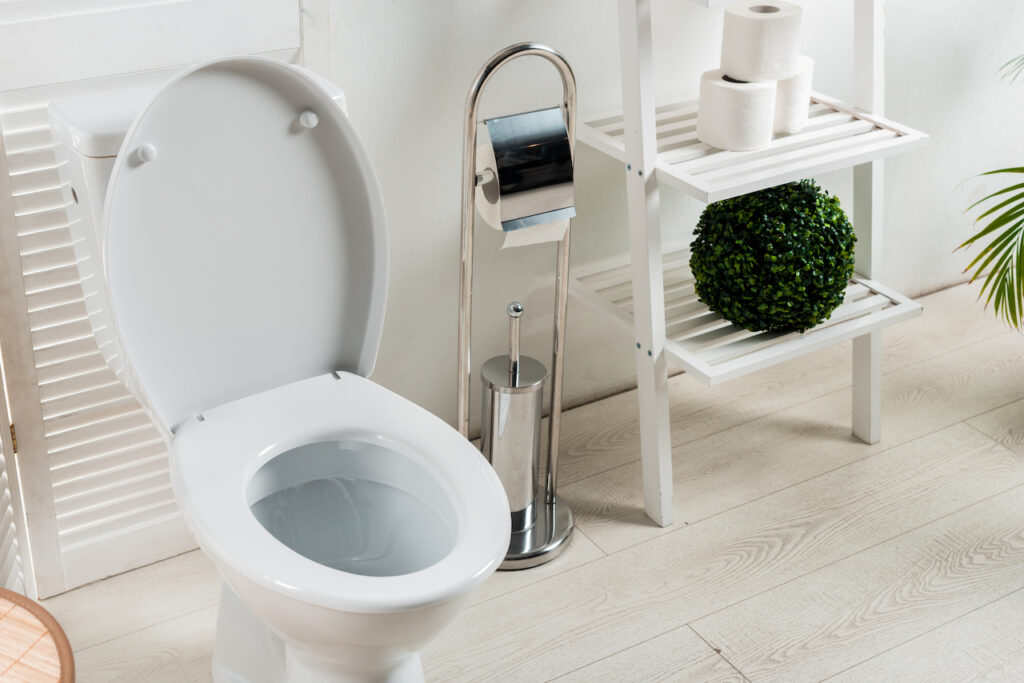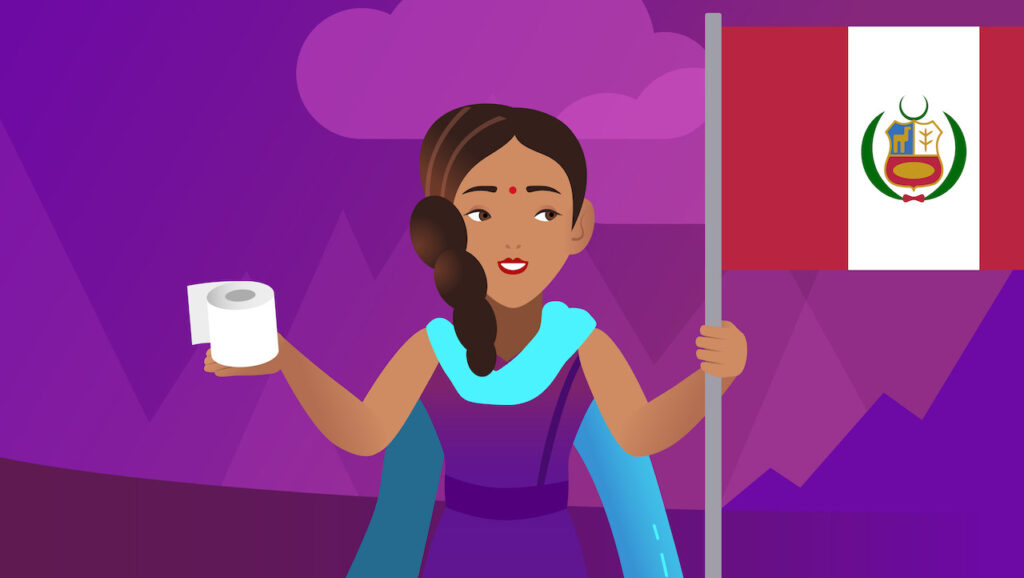Blogs
Peru 2023—Sanitation Initiative
Have you used the toilet yet today? How far did you have to travel to use it? Did you see any spiders, snakes, or strangers peering over at you? If you’re our average reader, you probably walked a few feet to your private bathroom and scrolled on your phone in silence. Maybe you even spritzed the room with potpourri afterward.

Yet there are millions of people in the world—673 million to be exact—who are still forced to openly defecate, or do their business out in the open. No privacy, no potpourri. This is not to guilt trip you for having a bathroom; instead, it’s to bring attention to a global crisis and help people gain access to improved sanitation.
It’s estimated that in Peru alone, 5 million people lack access to basic sanitation services such as toilets. That’s why we’ve partnered with the municipality of Chinchero, Peru—to bring 50 toilets to 350 people living in the Chinchero highlands.
Our Experience in Chinchero
Our team was invited to visit the Chinchero people in May 2022, and the visit shaped our initiative for 2023—to provide access to improved sanitation. In this small, rustic town in the Peruvian mountains (the village is higher in elevation than Cusco!), the people live off the land. The city and people were beautiful, but the conditions were heart-wrenching.
Families lived in one-room huts with no running water and no sanitation infrastructure. When asked where they go to the bathroom, many people pointed to a nearby grove of trees. In an economy that doesn’t support their upward mobility, these families have no current way to improve their infrastructure.
The devastating effects of open defecation cannot be understated.
- It’s estimated that 432,000 people die each year from diarrhoeal complications because of unsafe drinking water, sanitation, and hand hygiene.
- In places where open defecation is the norm, people are drinking water that’s almost black in color. Poop doesn’t discriminate—it infiltrates the water, crops, and soil, putting the entire community at risk of exposure to infectious diseases.
- Women can miss an average of 27 days of school and work a year with the time it takes them to fetch water.
Bad hygiene causes bad health. Bad health prevents people from going to school, working, starting new businesses, and contributing to the economy. It’s a vicious cycle that affects the global economy, not just a small village in the mountains of Peru.
What We Can Do About It: 50 Soilet Toilets
To help the Chinchero people get access to improved sanitation, we’ve pledged to build 50 Soilet toilets in 2023. Based on our past experiences, we think this will provide safely managed sanitation for about 350 people! Our budget is USD 30,000, which means it costs just $85 per person to provide safe sanitation.
Soilet toilets use earthworms to break down human waste. They look just like normal flush toilets and the liquid wastewater safely drains into the ground. Earthworms then rapidly compost the waste. For communities without adequate sewage systems, Soilet toilets are a low-cost, safe solution. Our engineering team evaluated the local soil conditions and location of the subterranean water table, and decided that 50 Soilets would be the perfect choice for Chinchero.
How to Help the People of Chinchero
This initiative is designed to help the people of Chinchero get access to improved sanitation, and we want your help to do it! Learn about our 242 program—where you donate up to 2% of your business’ sales, profits, or revenue—to build toilets for people who need a place to go #2.
You can also donate directly, and because ZuLoo is a non-profit 501 (c)(3), your donation will be 100% tax-deductible. Whether you’re able to support the people of Chinchero financially or not, learn more about the global sanitation crisis on our Pōōdcast or by continuing to read these blogs.
We’re happy to have you here—there’s nothing more exciting than learning about toilets (to us at least). Stay tuned for updates on our work in Chinchero and how your contributions have changed lives.

